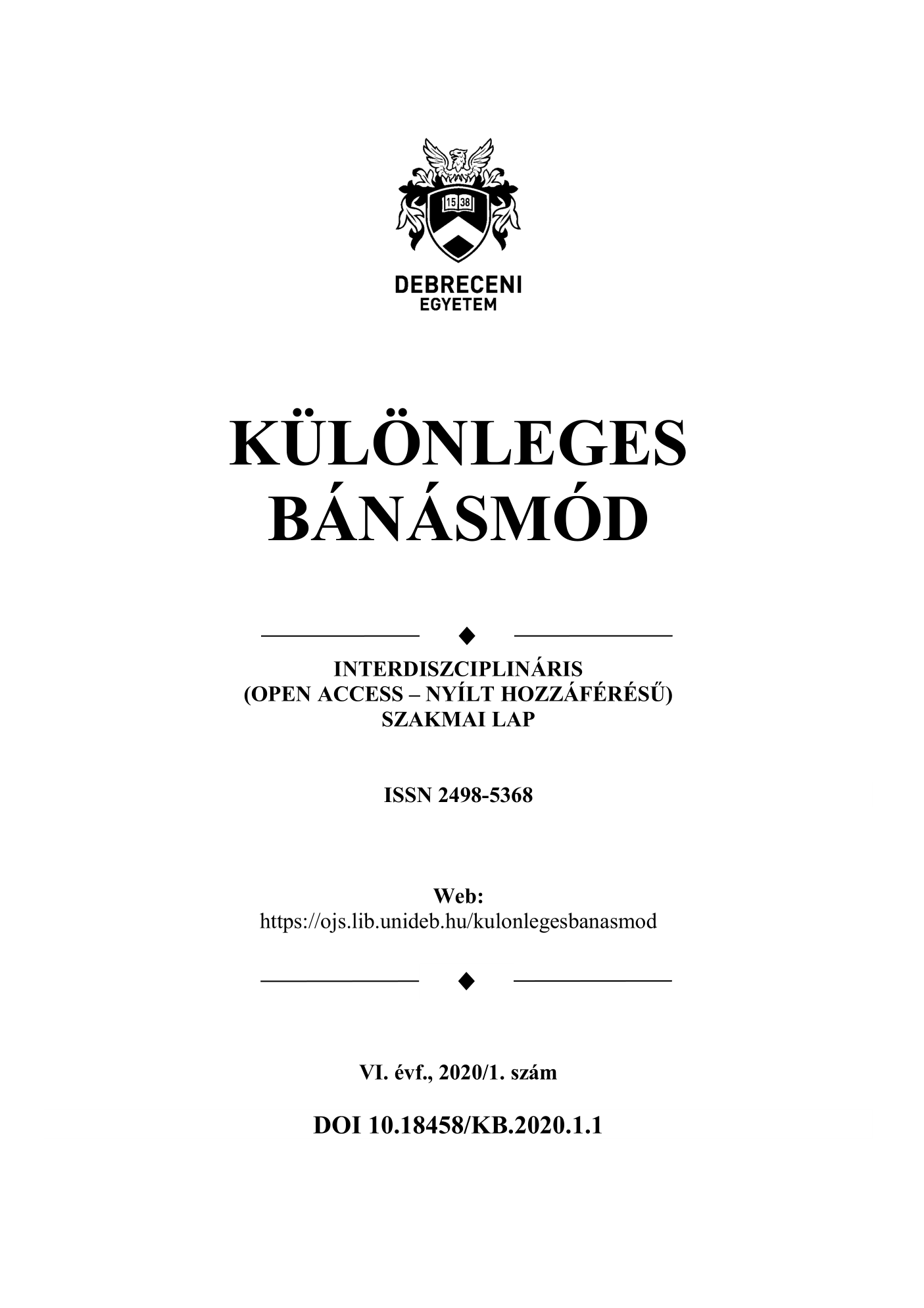IS THERE AN IDEAL AGE TO WIN AN OLYMPIC MEDAL?
Authors
View
Keywords
License
Copyright (c) 2020 Ildikó Balatoni, Ágnes Jenes, Nikolett Kosztin, László Csernoch

This work is licensed under a Creative Commons Attribution-NonCommercial-NoDerivatives 4.0 International License.
How To Cite
Abstract
Knowledge of the age at which elite athletes achieve peak performance could provide invaluable information for the athletes to plan their career, to carefully select sports events promising successful participation. We aimed to identify the age at which top athletes achieved their Olympic medals, and to observe any changes in the average medal-winning age over the last decades. The age of Olympic medallists between 1960 Rome and 2016 Rio were collected using an online database. Data were gathered from the following individual sports: track and field, swimming, fencing (foil, épée, saber), triple jump, long jump, high jump, and wrestling (57 events all together). The study evaluates and compares the trends in the age of the winners in each discipline. Disciplines of this study show one of the two trends: the trend of increasing age, or trend of decreasing in age. In those disciplines, in which the Olympic medallists were younger than 26 years at the beginning of the examination period, such as swimming, the medallists became older over the decades. In those disciplines, however, in which the top three were older than 26 years at the beginning of the examination period, such as fencers, younger and younger athletes won their Olympic medals as time went by. The age and the trend in the changes of the age of the medallists in the examined disciplines support the theory of an optimal age, being around 26 years.


 https://doi.org/10.18458/KB.2020.1.7
https://doi.org/10.18458/KB.2020.1.7